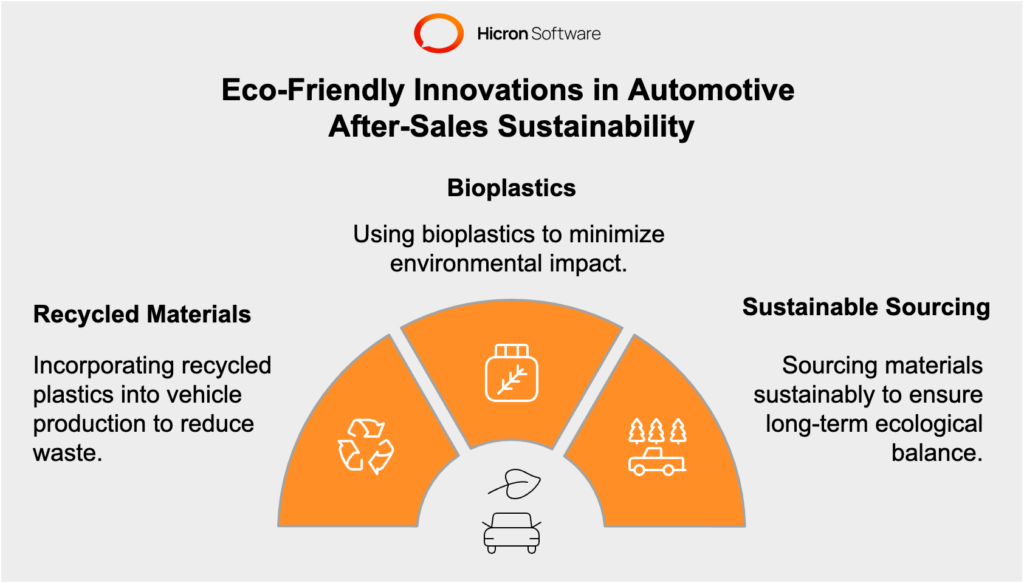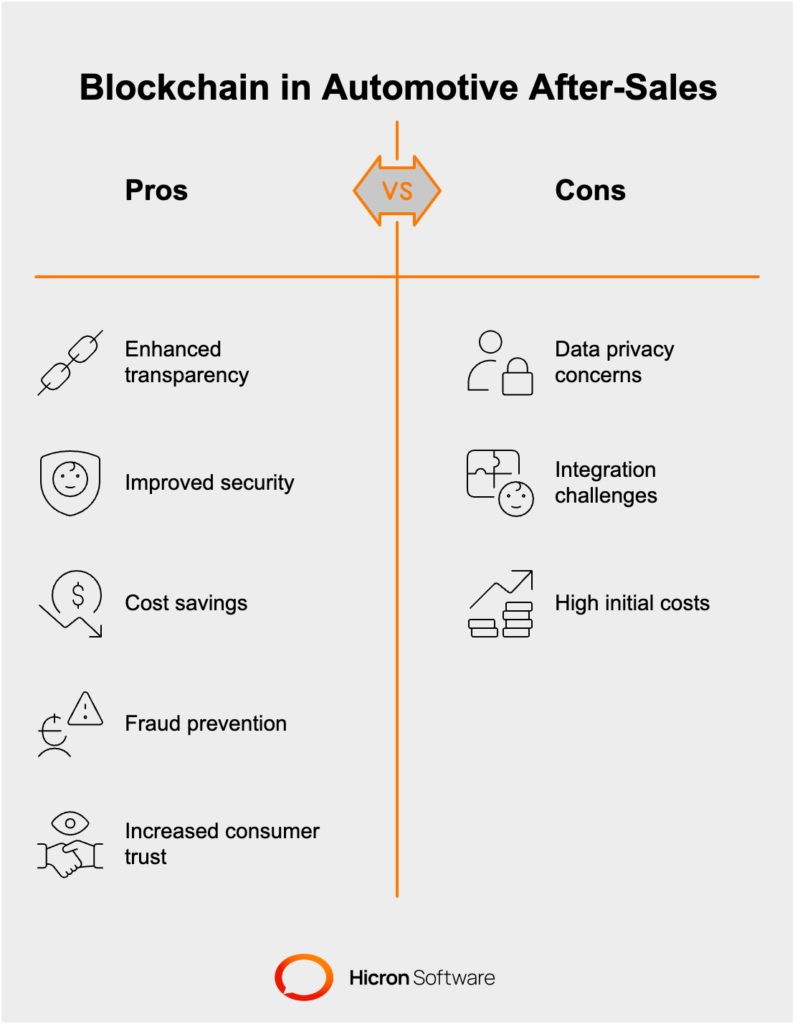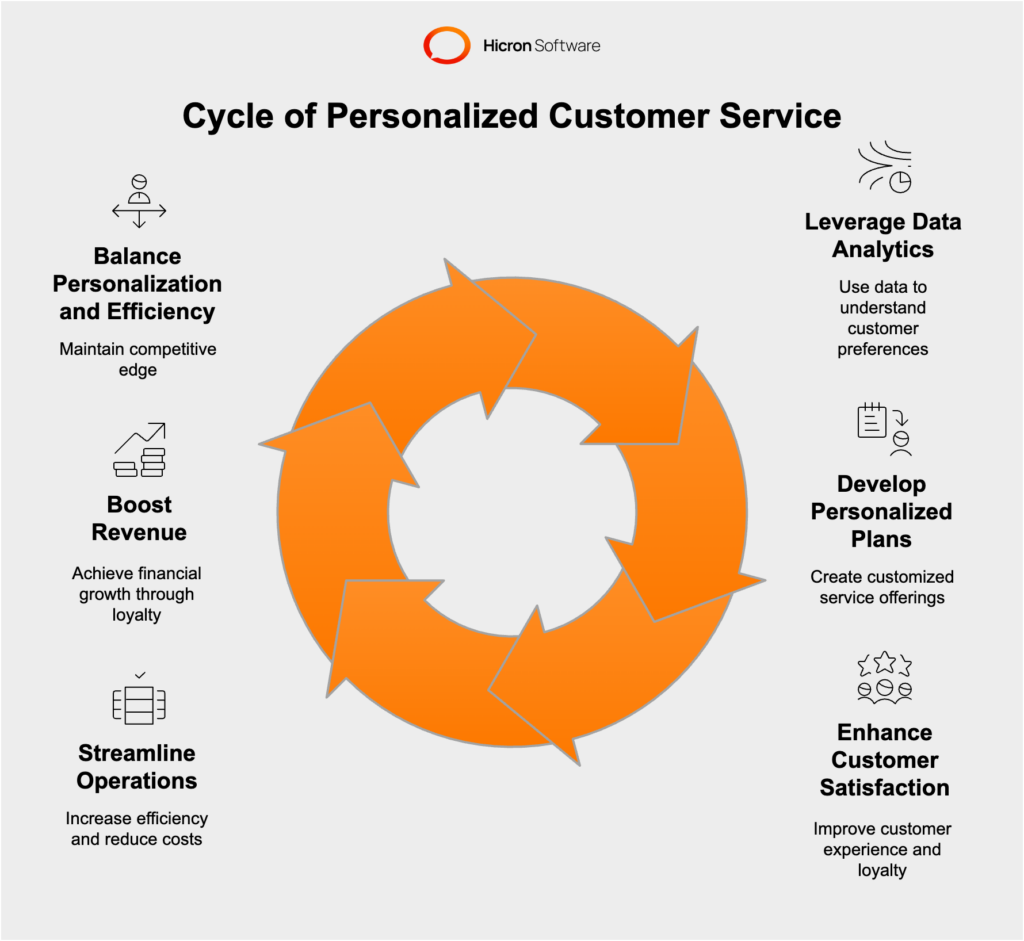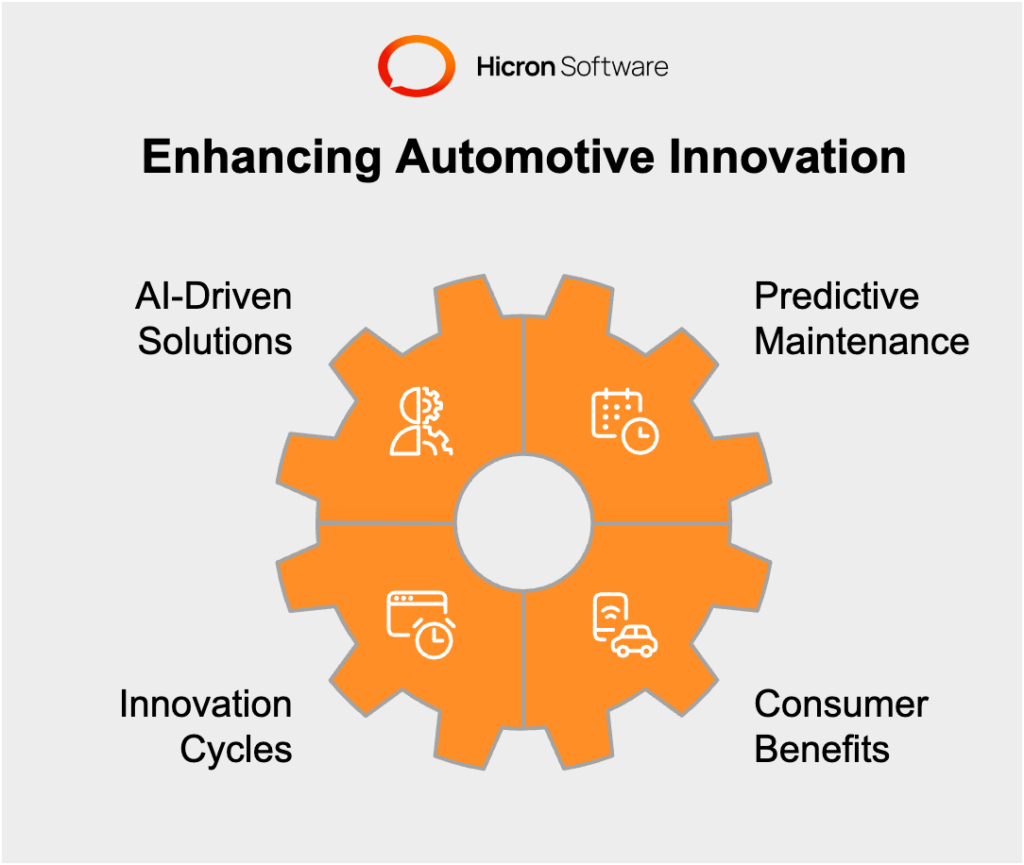Automotive Aftersales: The Engine of Repeat Business & Secure Revenue in Turbulent Times
- April 17
- 22 min

The automotive after-sales market is navigating a transformative era, spearheaded by technological advancements and evolving consumer preferences. As the landscape shifts, companies are leaning into sustainability, personalization, and strategic partnerships to stay competitive and enhance customer experiences. This article delves deeper into the trends reshaping the sector, exploring their broader implications and future potential.
Sustainability is no longer a choice but a necessity in the automotive industry. Companies like Ford and Toyota are pioneering efforts to incorporate recycled materials into car parts production. Ford has committed to using around 20% recycled plastics in its vehicles, significantly reducing waste and production costs.
Toyota’s eco-friendly initiatives include the use of bioplastics and sustainable sourcing, setting benchmarks for others in the industry. These strategies not only bolster environmental credentials but also appeal to the growing demographic of eco-conscious consumers, reinforcing brand loyalty and potentially increasing market share.

Blockchain technology is revolutionizing the automotive sector by enhancing supply chain transparency and security. Volkswagen’s blockchain initiatives ensure the authenticity of auto parts, preventing fraud and building consumer trust.
A study by IBM indicates that blockchain can cut supply chain costs by up to 20%, highlighting its potential for cost savings. However, barriers such as data privacy concerns, integration challenges, and high initial costs need addressing. Industry experts predict that as these issues are resolved, blockchain adoption will become more widespread, driving efficiency and trust across the automotive supply chain.

In an age where personalization drives customer loyalty, automotive companies are leveraging data analytics to tailor services. Mercedes-Benz’s personalized maintenance plans, based on individual driving habits, exemplify this trend. These plans not only elevate customer satisfaction but also streamline operations, enhancing efficiency.
According to a McKinsey report, companies that excel in personalization can boost revenue by 5-15%. However, the challenge lies in balancing personalization with operational efficiency, a hurdle that companies must overcome to maintain a competitive edge.

The convergence of the automotive and tech industries is unlocking new potentials. BMW’s collaboration with IBM utilizes AI-driven diagnostic solutions, enhancing predictive maintenance capabilities and reducing vehicle downtime. Such partnerships are becoming increasingly common as companies seek to integrate advanced technologies into their operations.
Industry leaders suggest that these collaborations could lead to faster innovation cycles and more robust technological ecosystems within the automotive sector, ultimately benefiting consumers with more reliable and efficient services.

Learn how AI revolutionizes Warranty Management
Despite the promise of new technologies, the automotive industry faces significant challenges. Workforce training is critical as companies integrate new systems, yet resistance to change and high implementation costs pose obstacles. According to a Deloitte survey, over 60% of automotive executives believe that upskilling is crucial for successful digital transformation. Companies must invest in comprehensive training programs and change management strategies to harness the full potential of technological advancements.
Tesla has undoubtedly set a high bar with its innovative after-sales model, focusing on direct-to-consumer services and over-the-air software updates. These practices have streamlined operations and set new standards for customer engagement and satisfaction. However, it’s important to recognize that Tesla operates exclusively as an electric vehicle (EV) manufacturer, which presents both unique opportunities and challenges.
Tesla captured approximately 60% of the U.S. EV market in recent years, demonstrating its significant influence in the sector. This dominance allows Tesla to leverage its position to innovate rapidly, but it also means any issues can have widespread implications. Being EV-only allows Tesla to sidestep many traditional automotive issues, such as engine maintenance, but it also introduces its own set of challenges. For instance, Tesla frequently encounters software recalls; in the first half of 2023 alone, they issued recalls affecting about 300,000 vehicles due to software-related issues. These recalls highlight the double-edged nature of relying heavily on digital systems for vehicle operations, where updates can solve problems quickly but also necessitate swift resolution when glitches occur.
Despite these challenges, Tesla’s approach of eliminating traditional dealership services has reduced costs and improved service speed. For instance, customer reports suggest that Tesla’s direct sales and service model can reduce service times by up to 40% compared to traditional models. Customer satisfaction surveys often rank Tesla highly, with many appreciating the convenience of software updates and the responsiveness of Tesla’s service teams.
This highlights the potential for disruptive innovation in the after-sales market, where comprehensive digital strategies can redefine customer expectations and streamline service processes. Tesla’s journey underscores the importance of balancing innovation with reliability, a lesson that resonates across the industry.
Looking to the future, trends like autonomous vehicle maintenance and remote diagnostics are poised to revolutionize the after-sales market. These technologies promise unprecedented service precision, minimizing downtime and offering distinct competitive advantages. A report by PwC predicts that autonomous maintenance technologies could reduce vehicle downtime by up to 50%, presenting significant opportunities for companies willing to invest in such innovations.
The automotive after-sales market stands on the cusp of a major transformation, driven by sustainability, technological innovations, and strategic alliances. As these trends continue to evolve, companies must embrace change and invest in new technologies to maintain competitiveness. By fostering collaborations and prioritizing innovation, businesses can ensure sustainable growth and redefine excellence in customer service, securing a strong foothold in an ever-evolving market landscape.
